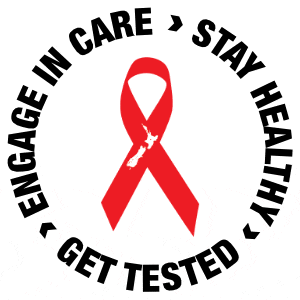The New Zealand Blood Service is set to remove longstanding restrictions on blood donation for gay and bisexual men, with a new individualised risk assessment system expected to be introduced in early 2026.
The change comes after Medsafe approved an application to update blood donation rules, replacing the current blanket ban with a more inclusive, evidence-based approach that assesses each donor’s risk regardless of gender, sex, or sexual orientation.
Currently, men who have had oral or anal sex with another man in the past three months are unable to donate blood, a policy intended to reduce the risk of HIV transmission. However, many consider this restriction outdated and discriminatory, as it excludes monogamous individuals and others who pose no higher risk than heterosexual donors.
Under the new system, all donors will undergo an individual risk assessment, similar to policies recently introduced in the United Kingdom and Canada. These countries now allow gay and bisexual men to donate blood if they have only had sex with a long-term partner in the last three months, and the UK has also removed an exclusion for oral sex.
A 2023 study from the Sex and Prevention of Transmission Study (SPOTS) found that three times as many gay and bisexual men would donate blood if they were assessed on an individual basis rather than excluded outright.
Associate Professor Peter Saxton, from the University of Auckland’s School of Population Health, welcomed the decision, saying: “This takes Aotearoa, New Zealand, one step closer to a more inclusive blood donor policy and more blood for those who need it.”
He emphasised that research indicates the change would be safe, adding: “Four out of five gay and bisexual men in New Zealand wanted to donate blood if the rules were changed. Importantly, our data suggest this would be safe for blood recipients. We found no participants with confirmed undiagnosed HIV.”

The final step before the policy takes effect is updating NZBS’s testing processes, which is expected to be completed by early 2026.
New Zealand has gradually eased restrictions on gay and bisexual men donating blood, reflecting evolving medical research and international trends.
📌 1980s – Gay men were banned from donating blood during the HIV epidemic
📌 2008 – Ban eased to allow donations after five years of abstinence
📌 2014 – Stand-down period reduced to 12 months
📌 2020 – Stand-down period reduced to three months
📌 2023 – NZ Blood Service commits to new donor criteria
📌 2025 – Medsafe approves new assessment process
📌 2026 – Individualised assessments expected to begin





























